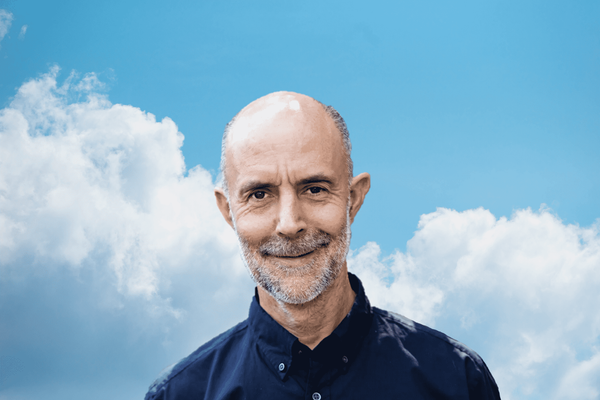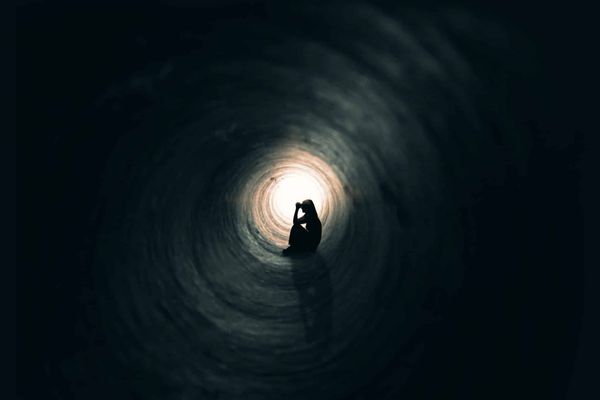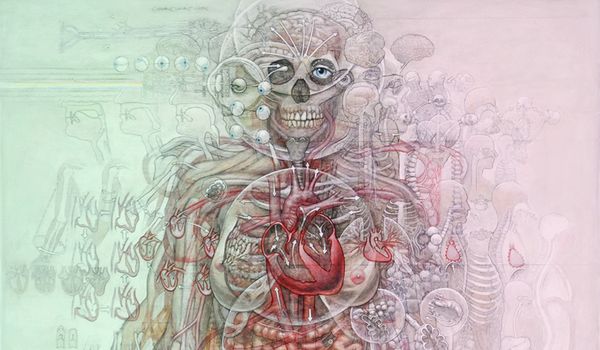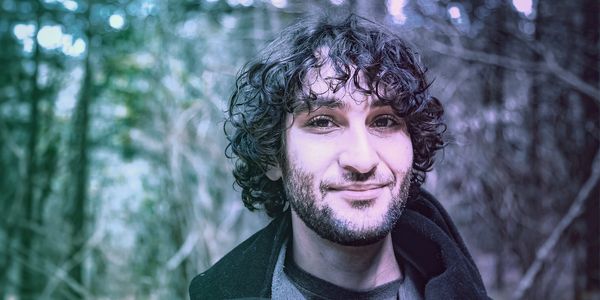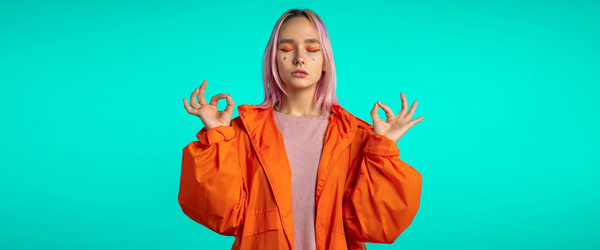Martijn Schirp • • 4 min read
4 Reasons Why You Should Pay Attention to Your Attention

“Your vision will become clear only when you look into your heart. Who looks outside, dreams. Who looks inside, awakens.” – Carl Jung
I just came back from a holiday (holy-day) with my parents for a week. Next to the social activities of dining together, partying, bowling, swimming and talking I’ve been walking, thinking, reading, meditating and contemplating.
There’s a huge patch of forest just outside the park where we were staying at and it puzzled me every time: the fact that I was alone, with the family dog, and no other human being is in my sight.
It was refreshing to say the least.
It reminds me of what Desmond Morris said in ‘The Human Zoo: A Zoologist’s Study of the Urban Animal‘: we humans express alot of behaviour that other animals only show when they are in captivity.
Under natural conditions wild animals don’t exhibit the same neurotic behaviour patterns common to urban man caged in his crowded cities.
It seems to me we are imprisoned in our own beehive we call society.
I used to be one of those bees buzzing around, very seriously, but if you have read my introduction, you know I now buzz with a slightly different frequency.
When I was at the Monastery in Nepal, one of the people in the course asked a senior monk, “Why do the monks learn philosophy, moral conducts and monastic life rules for years and then start meditating, and we, ‘westernized people’, have to meditate right from the bat?”
The essence of his answer stuck with me because it put things so clearly in perspective. We have to start immediately because we are so unaware of our own inner life, our own inner needs. We have a sickness inside which we, of course, deny untill we take the courage to look inward.
We are obsessed with the external world because most of the time we don’t like our inner one.
If you look at our society, there are two components that go hand in hand to reinforce these behavioural patterns.
First is the sickness of distraction. We can’t stand being alone, without anything ‘to do’. We come home from work and immediatly turn on the television or the computer. If there’s anything that upsets us, and there will always be something, we don’t want to think about it. Not even a minute. So we use friends, electronics, work, sleep or daydreaming as drugs to anaesthetise ourselves.
It’s hedonism on a massive scale, the never ending pursuit of pleasure.
Second is our environment. We all suffer from an environment that demands our attention all the time with no minute to spare. This causes a range of attention deficits, which we all have it in some shape or form. If you’re unlucky, you have it big time and you get diagnosed with ADD.
Now, I believe there are some ‘free’ medicines to cure the neurotic digesting of life. It’s either engaging in these activities which don’t distract you from what’s important or finding places that have nothing to distract you.
1) “All truly great thoughts are conceived by walking.” – Nietzsche
Take a walk, preferably in nature, in the morning and on a warm day. Next to the fact that its the most healthy thing to do physically, it’s also a boost for your mood. You will oftend find yourself drifting to experiences you don’t want to think about, but at the end of the walk you will have faced your problems and found out you can actually handle them with pride.
2) “A person who won’t read has no advantage over one who can’t read.” -Twain
Reading can be a distraction, but the big difference is, you can decide the pace and pause any minute. The entanglement of the story of your life and the story of the book makes you reflect on hidden layers in your persona you might not dared to touch before. The possibility of your own interpretation with books can inspire you to break out of your neurotic tendencies by reflecting on new perspectives.
3) “Meditation is painful in the beginning but it bestows immortal Bliss and supreme joy in the end.” – Sivananda
Meditation is the opposite of distraction. This is a time where you consciously face the parts of you that you rather want to keep in that dark corner. Confronting these parts helps you get over them and accept them as yourself. “There is anger/dissapointment/sadness in me”. You learn that there’s much more than worrying about shoulda, woulda and coulda. What doesn’t kill you only makes you stronger!
4) If you need to focus on a project, make sure to limit your multitasking. -Mitch Thrower
Multitasking is seen as a good personal trait. If you can multitask you can work faster and more efficient.
Right?
Well, not really. Multitasking can be a good addition to your life when you listen to music while driving or talk while walking. We can put some action on autopilot and do some other action consciously.
But we do this too often in situations that aren’t suitable to multitasking.
Using your cellphone while driving or reading a book while watching a movie won’t be very helpfull.
Studies have shown we actually can’t do two things at once, consciously. We can only switch very fast between activities. And this makes us lose our focus easier (we have to remember to switch all the time) and even the switching itself is less efficient!
So, take some time to notice the mystery that is you, that is breathing and aware of this moment while you’re reading this. The mystery that is in being without getting distracted. Do this often and it feels like stepping in a warm bath of wonder.

